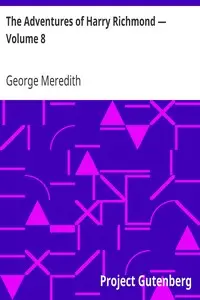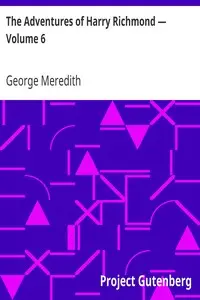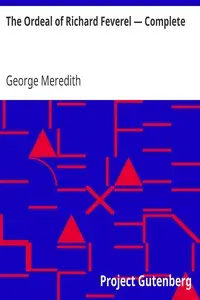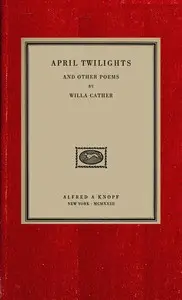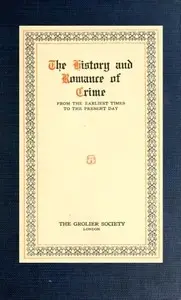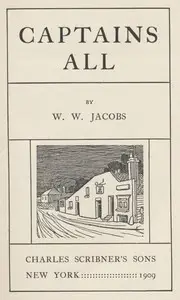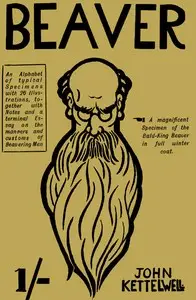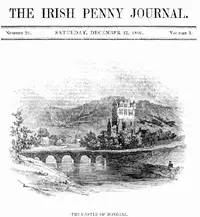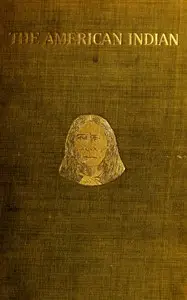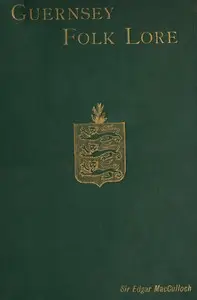"The Egoist: A Comedy in Narrative" by George Meredith is a novel written during the late 19th century. This insightful work delves into the intricacies of human nature and societal relationships, employing humor as it follows the central character, Sir Willoughby Patterne, a wealthy and egocentric gentleman navigating love and familial expectations. The narrative is not only a comedy but a sharp critique of the social conventions and egotism that pervade the aristocratic world of its time. The opening of the novel introduces readers to a prelude discussing the nature of comedy and its role in reflecting societal norms. It sets the stage for the unfolding story by emphasizing the themes of egoism and the folly of human behavior within the confines of social propriety. As the narrative transitions into its first chapter, we meet Sir Willoughby Patterne, who is anxious about the familial legacy and expectations he carries. This anxiety is juxtaposed with his interactions with Lieutenant Crossjay Patterne, an underwhelming relative. The narrative hints at Willoughby's romantic entanglements and introduces Constantia Durham as his affianced, while simultaneously contrasting her beauty with the awkwardness of their social situation. The foundation is laid for a comedic exploration of love, ego, and societal expectations, promising a mix of charm and critique as the story unfolds. (This is an automatically generated summary.)

The Egoist: A Comedy in Narrative
By George Meredith
"The Egoist: A Comedy in Narrative" by George Meredith is a novel written during the late 19th century. This insightful work delves into the intricaci...
George Meredith was an English novelist and poet of the Victorian era. At first, his focus was poetry, influenced by John Keats among others, but Meredith gradually established a reputation as a novelist. The Ordeal of Richard Feverel (1859) briefly scandalised Victorian literary circles. Of his later novels, the most enduring is The Egoist (1879), though in his lifetime his greatest success was Diana of the Crossways (1885). His novels were innovative in their attention to characters' psychology, and also portrayed social change. His style, in both poetry and prose, was noted for its syntactic complexity; Oscar Wilde likened it to "chaos illumined by brilliant flashes of lightning". Meredith was an encourager of other novelists, as well as an influence on them; among those to benefit were Robert Louis Stevenson and George Gissing. Meredith was nominated for the Nobel Prize in Literature seven times.

